From the time that the city was incorporated in 1911, Las Vegas has existed as one giant exercise in marketing. First it was advertised as a farming center (of all things), and then later as a themed throwback to the “Old West”. But by the 1950’s the die had been cast: Las Vegas would now and forever be promoted as a playground. A destination for leisure and indulgence, all underscored by the universal trigger that has been motivating humans since the dawn of our existence: Risk.
The through-line behind it all is the lure of getting something for nothing, starting with, of course, free drinks. And the more you risk, the more you’ll get - free meals, then comped rooms, moving up into “free” limo service and to the rewards beyond. For a good number of gamblers, chasing comps is a big part of the equation, the calculus behind the reasoning that is commonly expressed as “I lost, but….”
For decades now, casino marketing has been designed to avoid the spectre of losing. Get some reasonably attractive models together and try to make it look like they’re having the time of their lives. Gee, look at all those smiling faces! Everyone seems to be winning!
As we all know, the hard reality is that every game in a casino is designed to produce a negative outcome for the player, with keno and slots leading the pack in delivering profits for the house. So why are slots so popular? For many, they are the quickest and easiest paths for delivering a quick hit of resolution to the tension of our uncertainty.
Part of being human is to be curious about what will happen next. After all, our early survival depended on that trait and natural selection weeded out those who made the wrong bets. Life is a constant parade of choices, and some of them take years to resolve. Was that the right choice or the wrong one? Did I win? Did I lose? A slot machine will tell you in a matter of seconds. And for some, this environment of fast answers to risky questions turns into a recipe for addiction.
Throughout the course of a session, the gambler’s losses will usually be punctuated by small triumphs, reinforcing the false notion that their overall result will be positive. It’s no surprise that superstition begins to play a role in this process: which bank of machines to play, which seat to take, a lucky shirt to wear, chosen time of day, etc. Despite these beliefs, the programming within the machine can coldly predict the outcome with 100% certainty: Given enough time, the player will lose.
The Perception...
The Reality…
This cognitive distortion is not just limited to the games inside the casinos. Indeed, the exteriors themselves promote displays of fortune and grandiosity before you even step foot in the door. Located at the south end of The Strip, Mandalay Bay rises from a lush oasis.
Yet, literally, if you turn 180 degrees from where this picture was taken, this is what you’ll see:
Up until the 1980’s, small establishments like this one could be found up and down The Strip. Also included were gas stations, small mom and pop motels, and locally owned restaurants. After the likes of Steve Wynn and Kirk Kerkorian ushered in the era of mega-resorts, the land on this 4.2-mile boulevard became too expensive for anything that wasn’t in the business of printing money. And in that realm, competition is fierce.
Casinos that thrive are the ones that have mastered the art of marketing. They are the ones that have successfully tapped into the imagery and emotion that drive gamblers through their doors to engage in the battle against uncertainty. To be sure, some of those players will win, but most will lose. However, their stay will be peppered with comps and perks that will justify those losses, and the majority will be back to give it another try. It’s nothing new. In fact, Elvis Presley may have explained it best, way back in 1964:
I'm gonna keep on the run, I'm gonna have me some fun
If it costs me my very last dime
If I wind up broke, oh well, I'll always remember
That I had a swinging time
As I’ve written in this previous article, Vegas can actually be a fun, affordable vacation destination if you go there with open eyes. Choose a game that carries a low house edge (not slots). Study and master the strategy of that game. Focus your play in a single group of properties to attain tier level based comps, then try to time your trips during their most advantageous tier promotions. And most importantly, only bring the amount of money that you are willing to lose. I’d say “good luck”, but if you’re playing it right that’s not a factor you’ll be relying on.

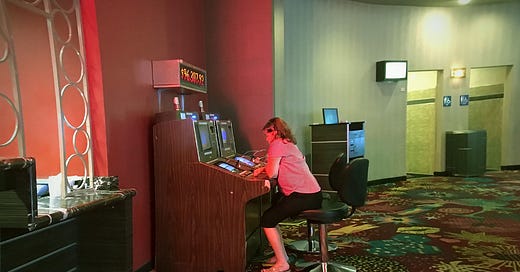



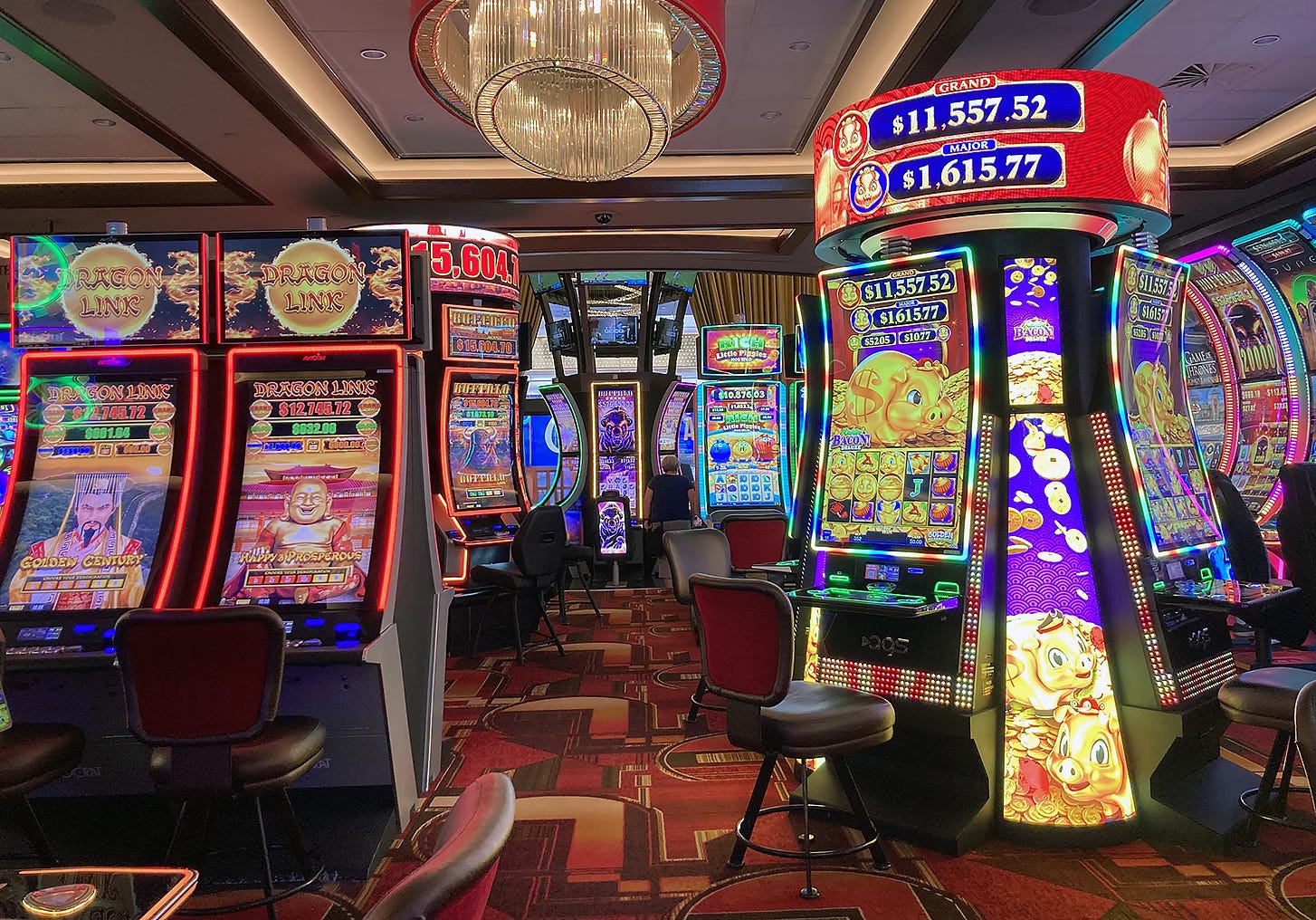
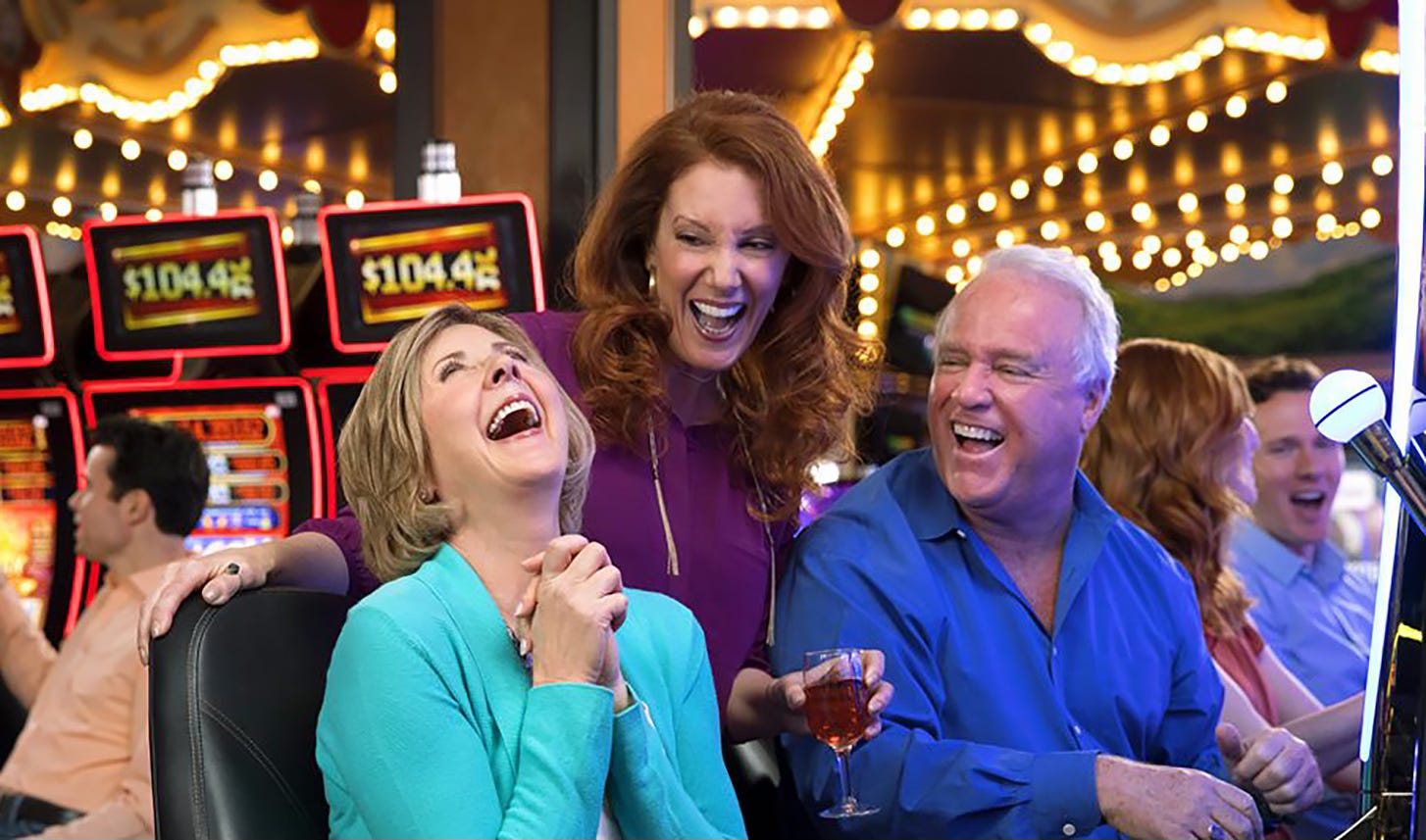
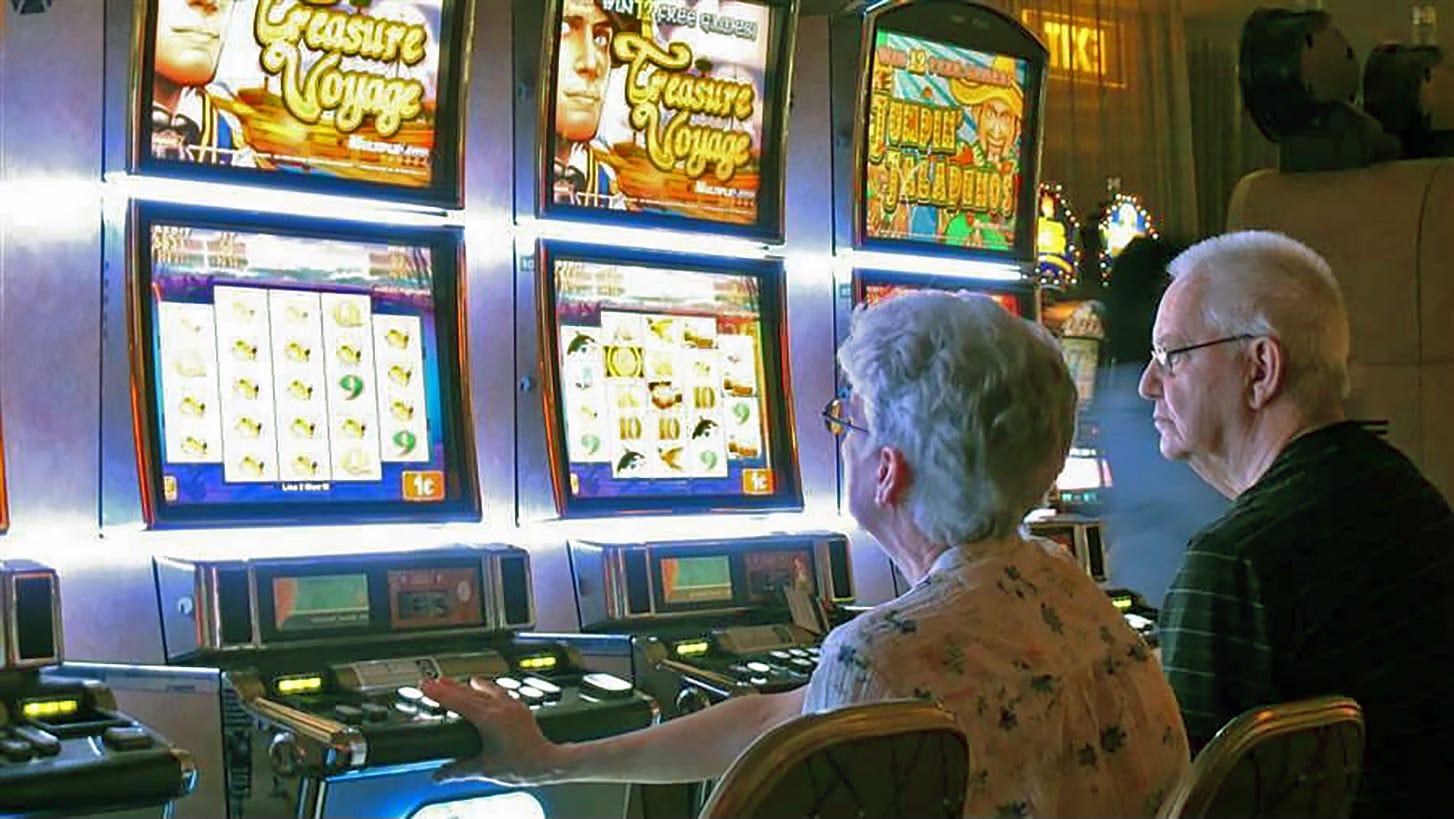
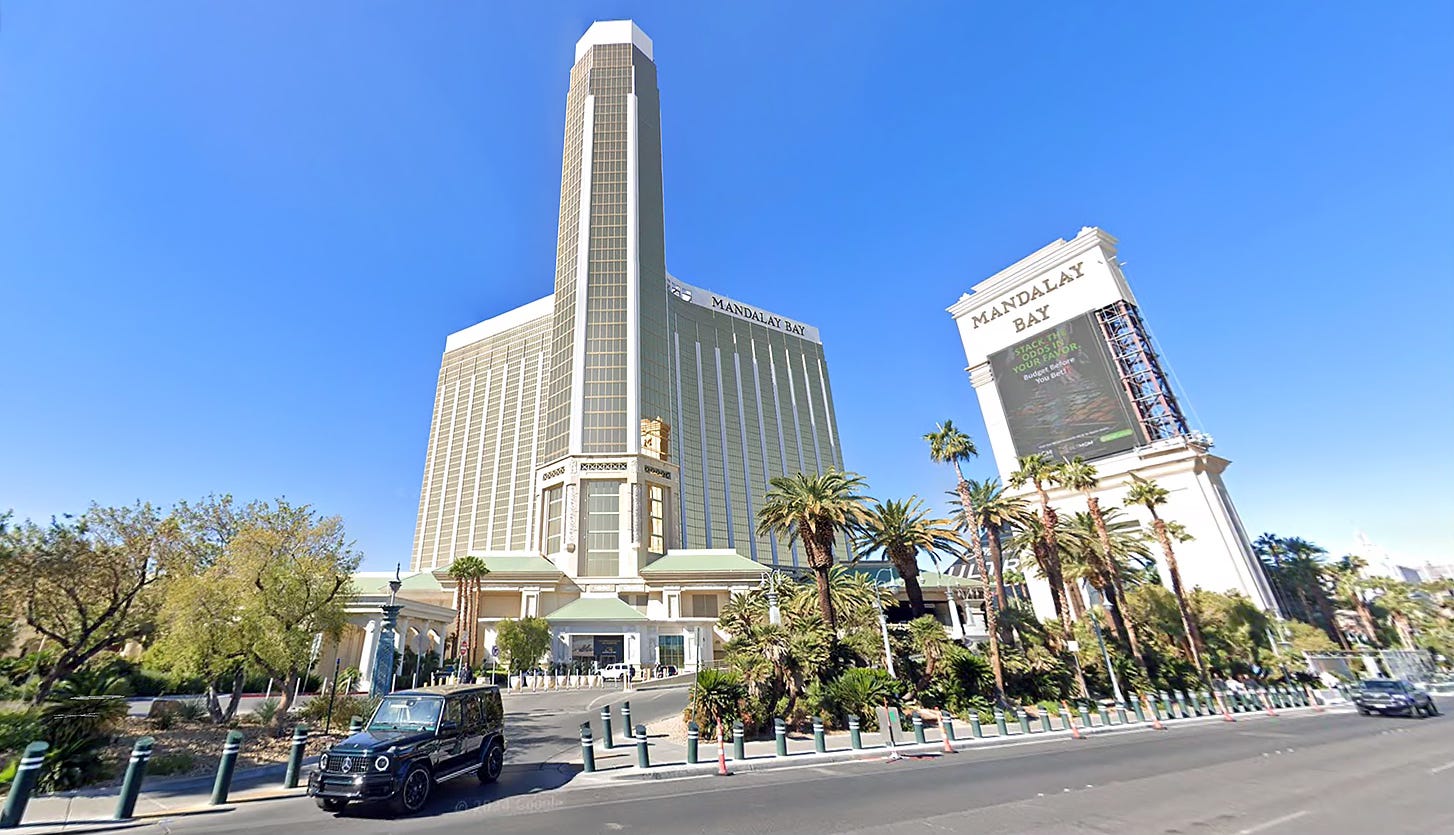
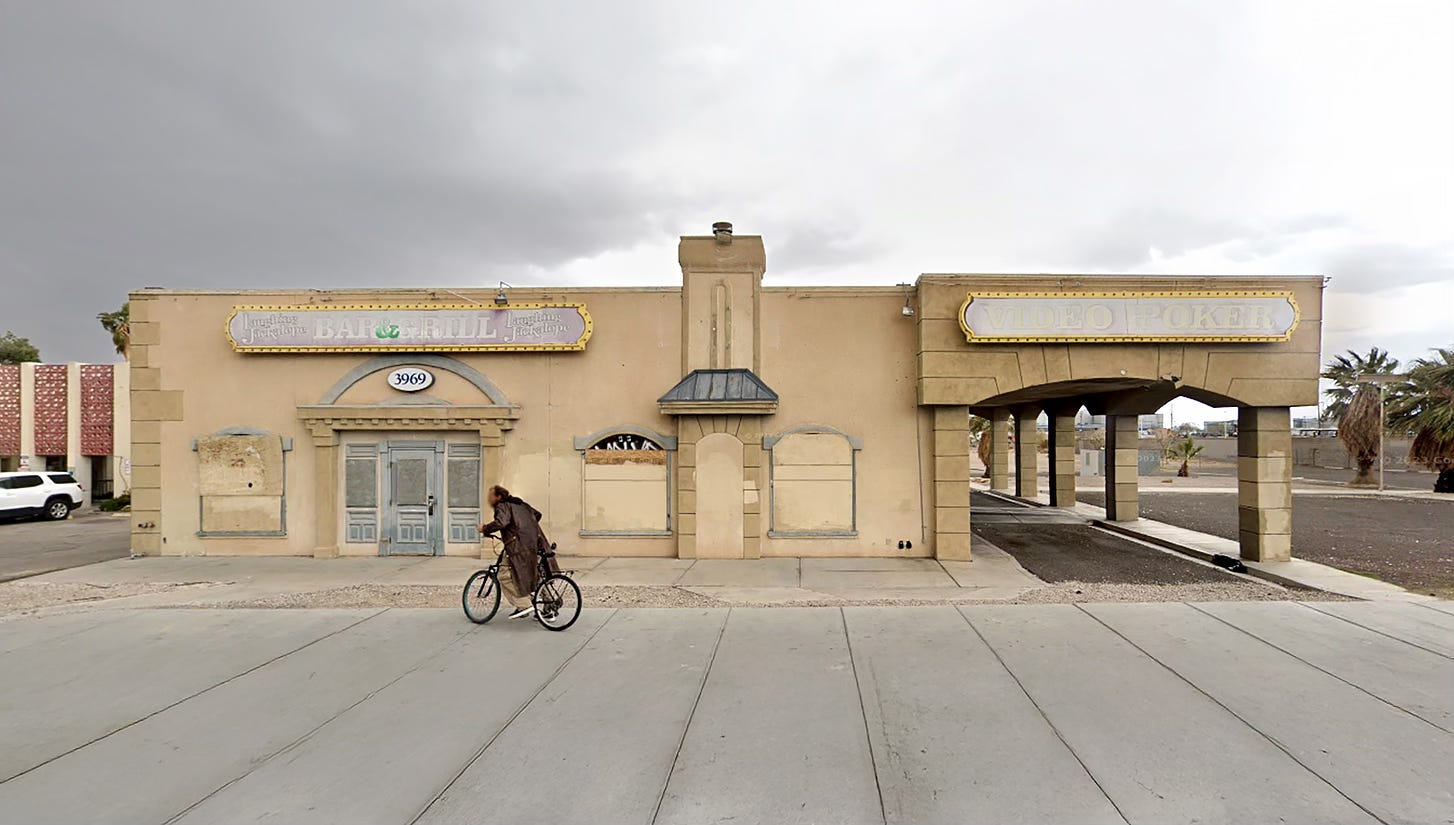
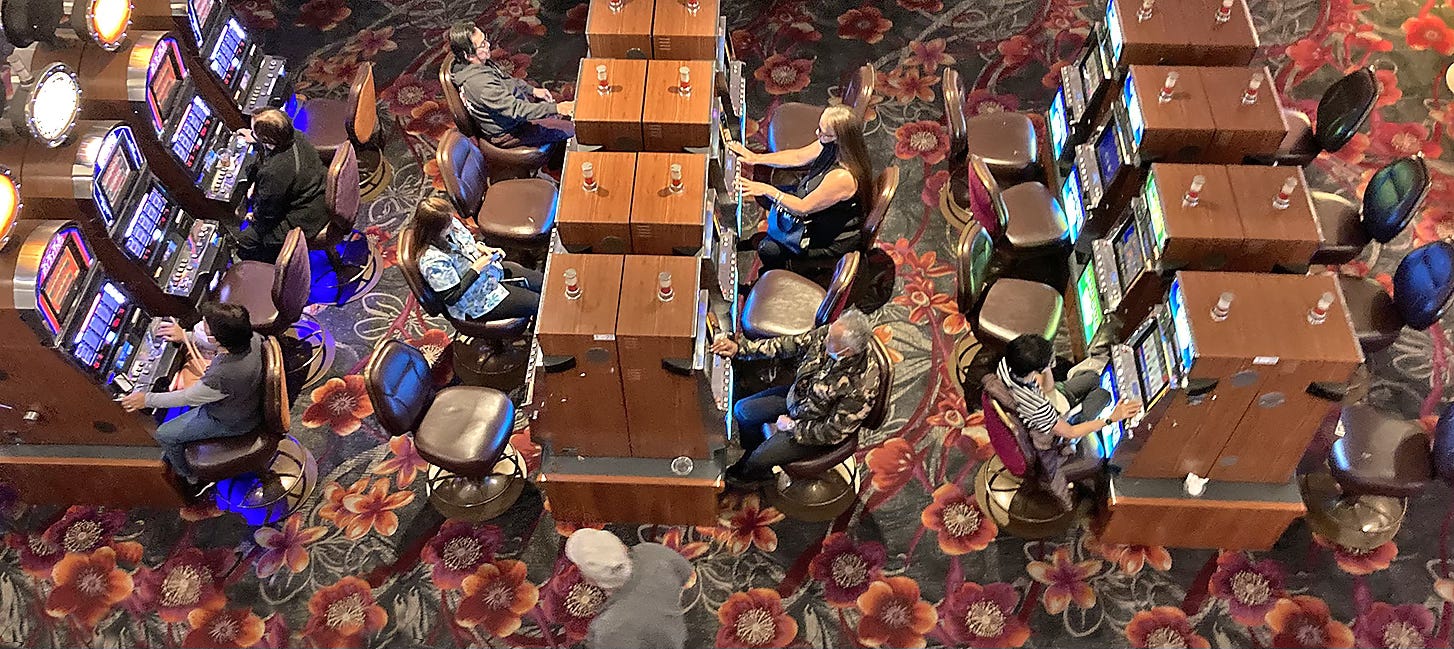
I have had various addictions throughout my life but for whatever reasons gambling wasn’t one of them. I dislike watching my money being taken from me, doesn’t feel good. Yet i can understand the urge and the perks even the small ones like free drinks or prime rib for what seems like a steal. Still it’s all quite fascinating, thanks for another insightful article!
You nailed it. Perception And reality. Great images.